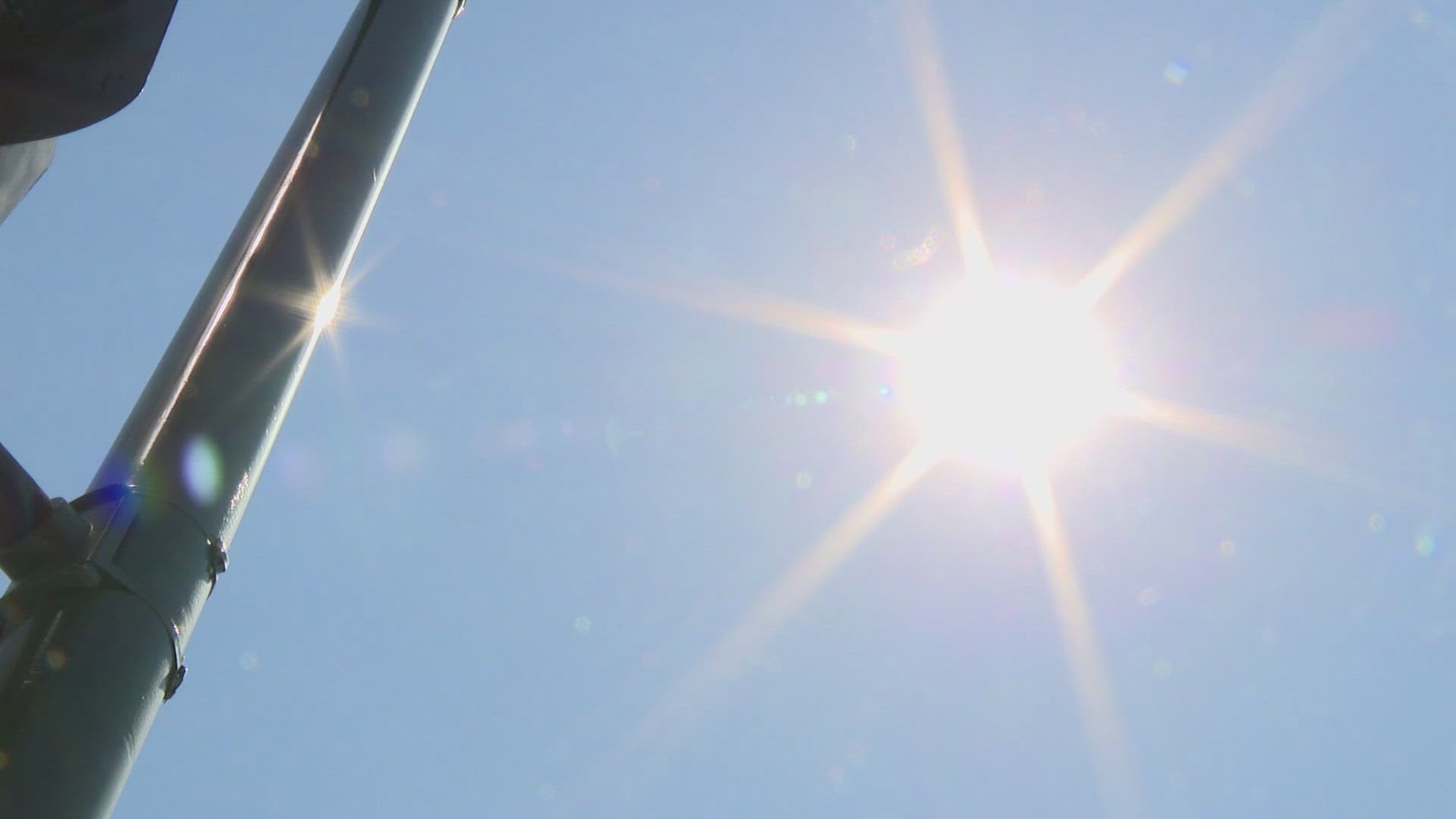PHOENIX — On a July day in Arizona, it doesn't matter what the temperature is, it feels hot.
"Once it's to like 105, it's nothing you can do," TJ Wilcher, a commuter in Downtown Phoenix, said. "You got to get to that AC."
New data from Maricopa County, however, suggests just a few degrees can make a big difference when it comes to the number of heat-related illnesses.
The 2018-2022 heat morbidity report states there was a 76 percent increase in the number of heat-related illnesses when the temperature increased from 105 to 110 degrees.
Heat-related illnesses were at their highest when the high temperature was 115 degrees or hotter, or when the low temperature didn't fall below 90 degrees.
“Once we start seeing them get into the 110s, kind of in the one-teens, we definitely start to see an uptick in the number of people presenting with heat-related illnesses," Banner Health Emergency Room Physician Dr. Moneesh Bhow said.
Bhow said he sees more patients suffering from illnesses, including heat exhaustion and heat stroke in the summer months.
The more serious symptoms of a heat-related illness are when people stop sweating and become confused or altered. They're encouraged to seek medical attention right away.
“The internal body temperature gets so hot that it starts breaking down your own organs and it can lead to ultimately death," Bhow said. "You can also have renal failure, you can have kidney failure, and also a lot of internal organ derangements.”
Maricopa County reported a total of 14 heat-related deaths so far this year. More than 200 cases are still under investigation.
“The hotter it gets, the more dangerous it becomes," Bhow said.
Some people commuting around Downtown Phoenix on Tuesday afternoon said the heat is hard to handle.
“I’m literally sweating and dying," Annabelle Phongnany said. “I feel like I’m so dehydrated every time I walk out of the house.”
This heat is far from over.
Phoenix has already experienced 22 days at 110 degrees or above, according to the National Weather Service. That's above the average of 21 days per year.
People told 12News they carry water and walk in the shade to avoid overheating.
“It could hit you out of nowhere so just stay cool Arizona," Wilcher said.
A third of heat-related illnesses started at home, according to the report.
People who need a place to stay cool can visit heat relief sites located around Maricopa County for free.
To find a full list, click here.
Heat Beat
Here are several videos about Arizona's extreme heat and how you can stay safe during the state's summer months.

